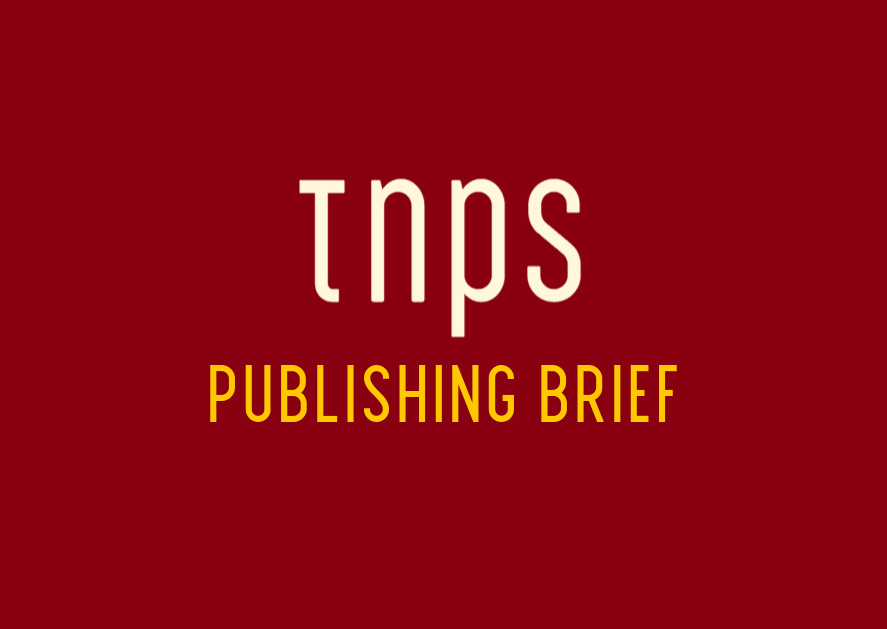Many publishers will be watching their retail accounts closely this lockdown and wondering at what point bricks & mortar retail supply, with all its built-in inefficiencies and overheads, might be relegated to a niche while they concentrate on online and digital format books.
It seems UK booksellers have learned some lessons from the 2020 lockdown, not least that “click & collect”, the crazy idea whereby a booklover finds a book online, orders it from the local bookstore, and then goes to the bookstore to collect it at the door, was a nonsensical notion that made a mockery of the stay at home rule both for consumers and employees.
Further, it seems the financial rewards did not match the costs of having the shop open but the doors closed. This time around two of the UK’s biggest retail bookselling chains, Waterstones and Blackwell’s, have decided to simply shut shop and try get by with the government furloughs and the companies’ respective online stores. A handful of strategic stores will be the exception.
As reported by The Bookseller, Waterstones CEO James Daunt, no stranger to juggling opposing views with a straight face –
explained,
In the circumstance of a lockdown in which people should not be leaving their home other than to ‘go to an essential retailer’, and we are deemed not to be essential, click and collect becomes something that simply doesn’t work.”
This being the same James Daunt who previously was arguing that bookstores are essential and that they should be allowed to open.
The argument that physical books are essential when digital versions can be obtained at no risk is of course nonsensical, as I argued here back in April 2020.
The new lockdown, at various stages in the UK’s component parts, England. Scotland, Wales and Northern Ireland, is expected to last well into February and likely through until and perhaps past Easter.
Government furloughs will alleviate some of the financial pressure on the book retail sector, but the real damage will be in the number of people who head online to buy their books and decide not to return to whatever is left of the bricks & mortar retail bookstore sector when the pandemic is finally over.
For the wider publishing industry the lessons learned in 2020 will give confidence that the new lockdowns will be survivable. Online retail and digital books proved conclusively in 2020 that bricks & mortar retail, wonderful as it is, is not essential for most publishers. Instead many publishers reported higher unit sales and revenues.
Per my commentary in that October 2020 post,
For bricks & mortar booksellers that emerge from the pandemic in one piece perhaps the biggest battle is still to come. Because the pandemic has shown publishers they cannot just survive with fewer high street outlets, but that they can thrive with fewer high street outlets.
Many publishers will be watching their retail accounts closely this lockdown and wondering at what point bricks & mortar retail supply, with all its built-in inefficiencies and overheads, might be relegated to a niche while they concentrate on online and digital format books.





